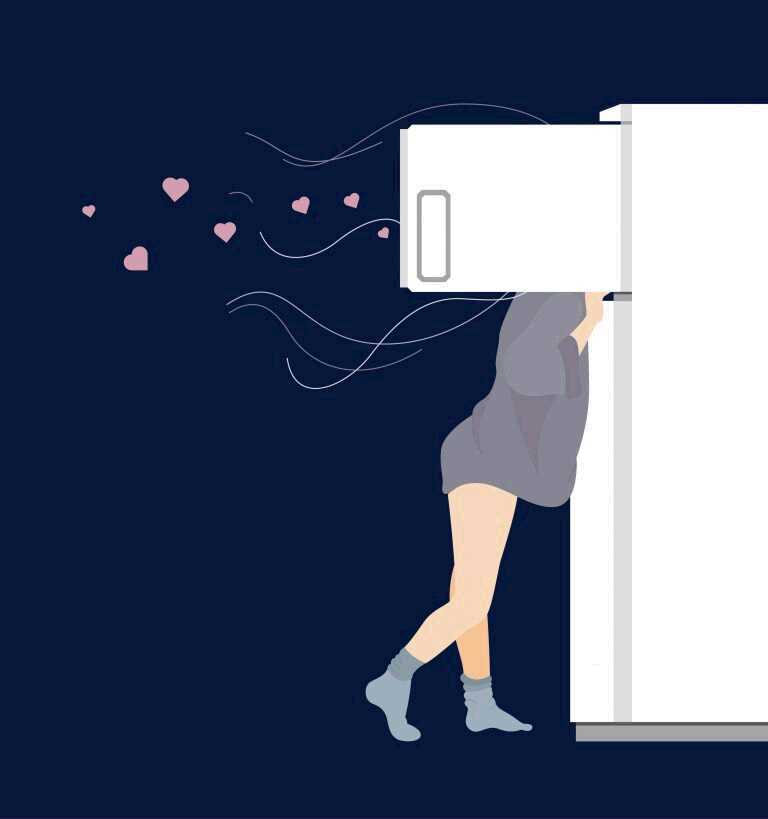
We share on more than one occasion about the relationship between sleep and diabetes, so it is only logic to follow up on this by digging into the circadian clock as well. This 24-hours cycle plays a role in numerous functions of the body such as immunity, heart rate, blood pressure, and hormone levels. Delayed circadian rhythm has been associated with greater snacking and sugary drinks intake, credit to being awake for a longer period.
A group of scientists studied the effect of reversing the sleep-wake schedule in humans. They formed two groups of participants: one that followed their normal sleep-wake cycle whereas the second group underwent a reversed cycle. In other words, the latter group slept during the day and ate breakfast in the evening and supper in the morning. The results? The disturbed circadian rhythm group was at a higher risk of developing type 2 diabetes. The authors believe that reduced insulin production and sensitivity are the reasons behind these findings.
Many glycemia-related hormones like insulin, cortisol, growth hormone and glucagon are influenced by the biological clock. Travelers and shift workers often experience disturbed sleep pattern, which leads to rollercoaster blood sugar levels and putting them at risk of diseases like diabetes.
The best way to prevent diabetes and to keep your blood glucose within a normal range is to get about 7-hour of sleep, hit the sack at the same time every night, and eat your meals at regular intervals.
References
Food and Nutrition. URL Link. Accessed March 31, 2017.
